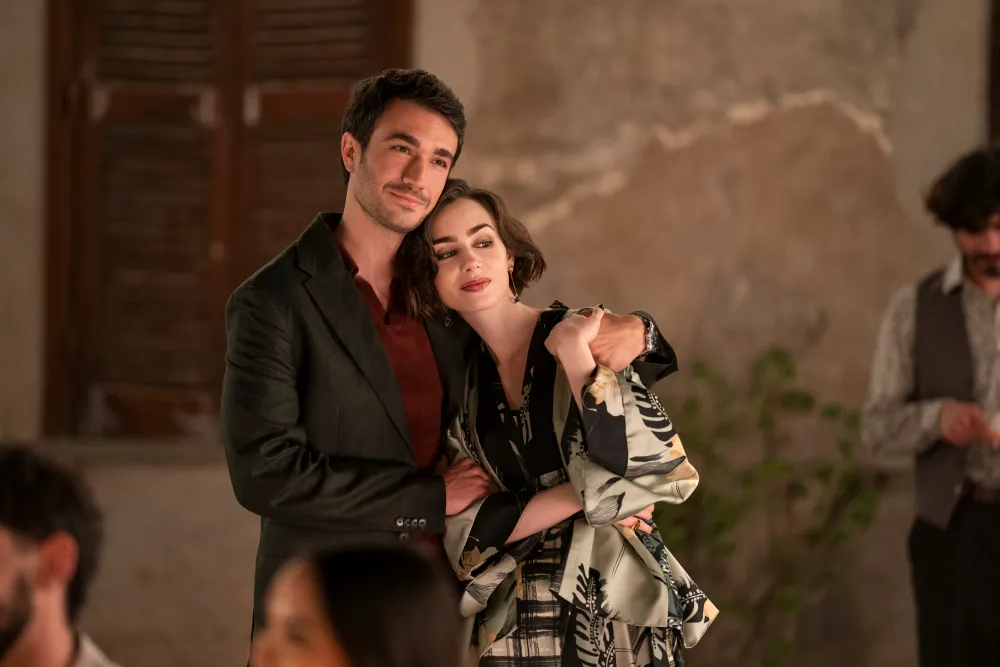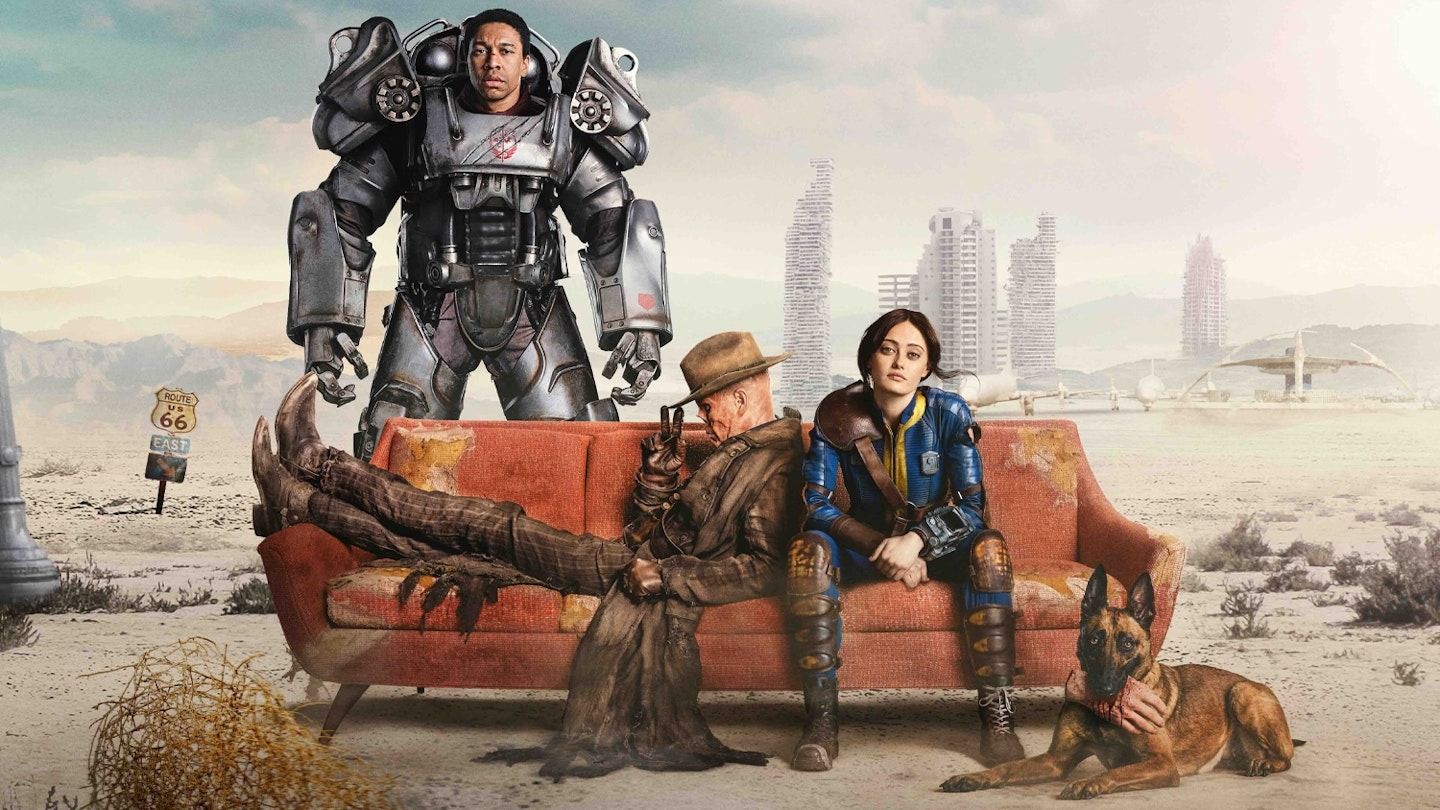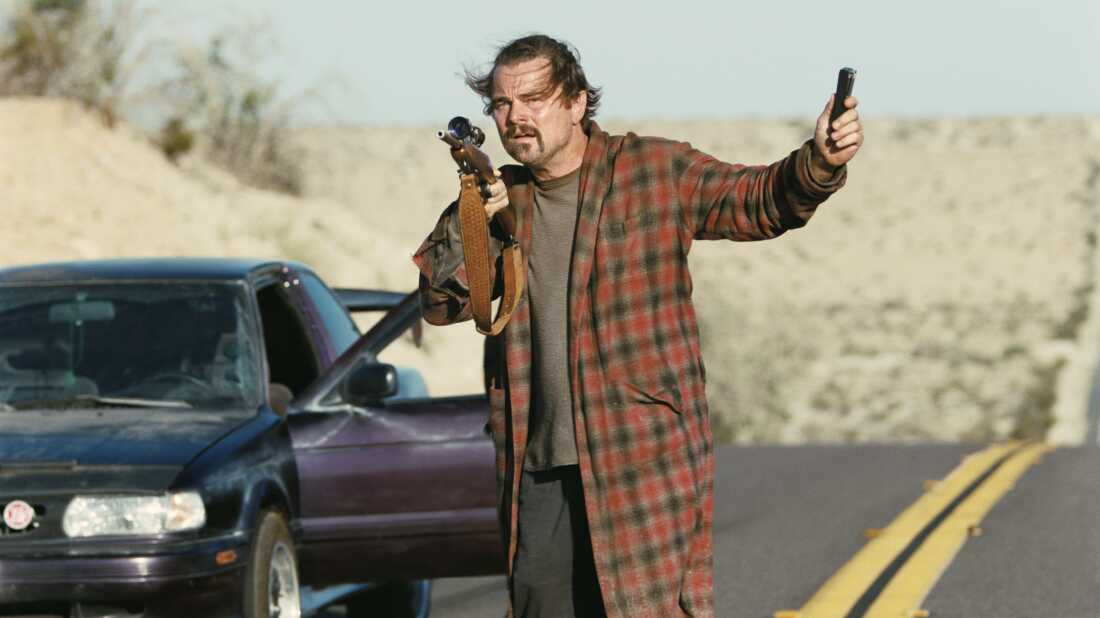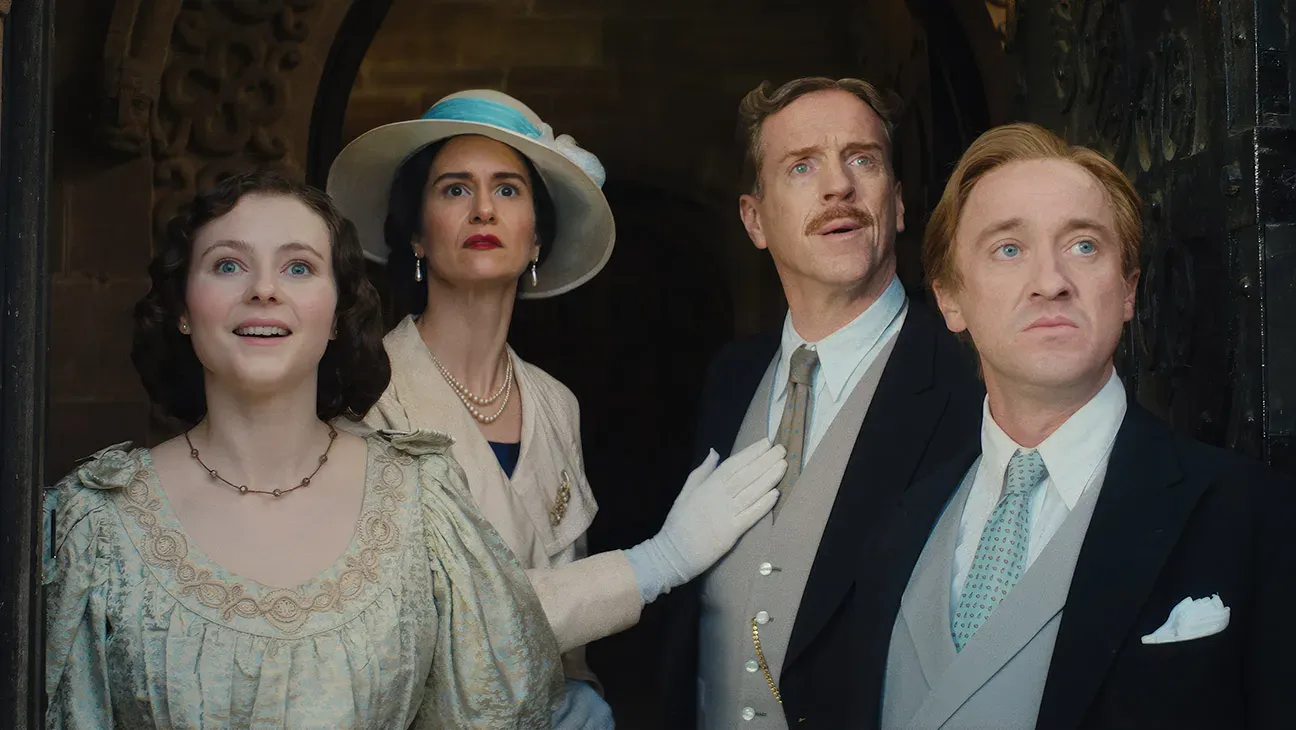
The Kitchen
- Jan 29, 2024
In his directorial debut, respected actor Daniel Kaluuya, alongside co-director Kibwe Tavares, bring to life "The Kitchen". This compelling drama is set against a backdrop of a speculative, dystopic London, where affordable housing is virtually non-existent, hinting at the menacing possibilities of our own socioeconomic future.
The story follows lead character Izi, played by Kane Robinson, who resides in an edgy futuristic housing project named "The Kitchen." This settlement, squatting on the edge of metropolitan London, has turned into a flourishing microcosm on its own, an amalgamation of structures that rival Hong Kong's former Kowloon Walled City in their uniqueness. The Kitchen is a refuge for the city's economically disadvantaged residents, often falling victim to the city's incessantly violent police raids. Earning a living at a futuristic funeral service, "Life After Life", Izi supports families too impoverished for traditional burials by offering them the alternative of turning their deceased into trees for planting. With the threat of a governmental takeover of his community looming, Izi has been saving and preparing to move away.
However, Izi's solitary existence is disrupted when he encounters Benji, a recently orphaned boy played by Jedaiah Bannerman. Benji starts following Izi, drawing him into communities of young activists and towards a deeper connection to the very home he was ready to abandon. As the state of the Kitchen collapses under ever-increasing police raids, Izi and Benji struggle together against the impending upheaval while also learning to rely on one another.

The film's charm lies predominantly in the direction led by Kaluuya and Tavares. From heart-pounding tension-filled scenes to introspective sequences that delve into the characters' deepest thoughts, the film maintains its emotional altitude. The Kitchen is brought to life with attention to detail; the residents warn of police raids by banging spoons on pots and pans, giving the settlement an authentic and distinctive personality.
"The Kitchen" avoids distorting the community culture with just the tragedy and strife on display. It combines the harsh realities of life with details that make its universe believable and relatable. For example, the film subtly touches upon water scarcity as a result of city cut-offs and frequent invasions by police drones. However, the film also includes lighter, joyful moments, introducing a taste of Black culture through freestyle battles, roller rinks, and incorporating music from Sampha and David Ruffin.
Robinson and Bannerman give commendable performances that hint at their characters' deeper emotions, creating authentic chemistry between two loners united against a common enemy. However, the movie falters slightly as the script sometimes buckles under its own complexity, leaving untied story threads and unexplored potential. Despite its missteps, "The Kitchen" captivates with its potent visualization of an unchecked socio-economic divide, painting a gritty but intriguing picture of a possible future.







